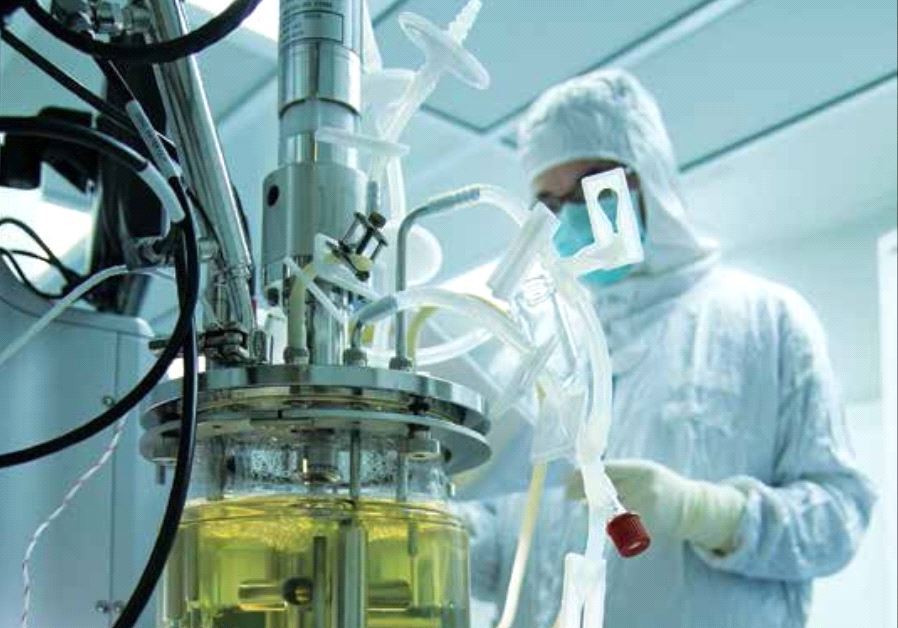Israel's Pluristem FDA approved for study in treatment of severe COVID-19
Six critically ill coronavirus patients in Israel who were considered high-risk for mortality were treated with Pluristem and survived.
 A Pluristem bio-reactor in action(photo credit: PLURISTEM THERAPEUTICS INC.)
A Pluristem bio-reactor in action(photo credit: PLURISTEM THERAPEUTICS INC.)